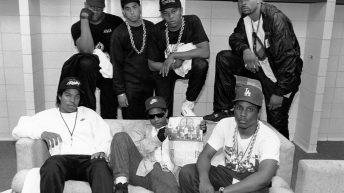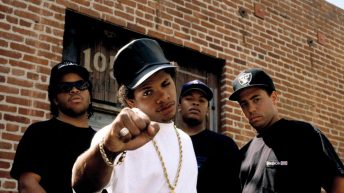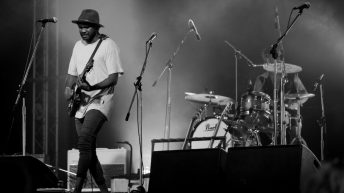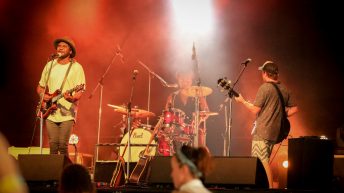Music is a creative art form which combines a collection of sounds. It includes common elements – pitch, rhythm, dynamics and the sonic qualities of timbre and texture. From Beethoven’s classic symphonies, Duke Ellington’s jazz pieces to rap, music serves to convey a wide range of experiences, environments and evoke emotions.
There is a lot to be said about the power of music – but does it have the power to break cultural barriers? We at Afrocentrik believe so. What do the hippies living in Brunswick or Fitzroy and tribesmen in the Congo have in common? Their taste for music. Throughout history, music has been used for social and political commentary. During slavery, the slaves would create songs which would reflect on their oppression working within the cotton or sugarcane plantations and mines. This then progressed into political music created by famous composers such as Bob Dylan, Bob Marley, John Lennon, Peter Tosh, Sam Cooke, Woody Guthrie and many more.
The very nature of music is, like politics, rooted in conflict and harmony. The heart of music is the interplay of the physical and the mental, as the compromise between them forms a cohesive whole. Compromise is also the heart of the political process, trying to find common ground and consensus solutions to problems of society through open communication. Both seek to inspire their targets and both have made great use of the other to advance their ideas.
Historical records are full of examples of songs that laud the achievements of nations, dating back to ancient Egypt. On the other hand, some songwriters turned to their craft when confronted with social and political injustices – giving birth to songs that put a spotlight on the perceived inequities of the day. From protest songs to voter campaigns, campaign rallies to musical endorsements, there’s been a strong connection between music and politics.
In the 80’s in America, Public Enemy and N.W.A spawned a new wave of hip hop, with socially aware and often radical lyrical content. Suddenly the people of the inner cities had a voice for protest against police brutality and racism. Hip Hop and Rap brought issues of race to the forefront in a new and visceral manner. Thanks to it’s appeal across racial lines, it’s almost impossible to truly judge how important the impact of bringing these topics to the national discussion.
Neil Murray’s My Island Home is a shining example of Australia’s Land Rights songs written in the 1980s when native title was a hot political issue and historians were first piecing together the scale of the Stolen Generation. More recently in Australia, singer Yirrmal Marika addresses social issues in his native Aboriginal language. Yirrimal’s music is a reminder of the rich seam of Aboriginal music that remains little known to non-Aboriginal audiences.
All of these efforts by artists to speak their minds politically is powerful force. Their millions of fans can be shown just how powerful their vote can be. If musicians and their work can use their influence to bring more people into the political process then we all benefit.













